In recent years, companies like Uber and Lyft have emerged as strong competitors against traditional taxi services. Their “rideshare” model is built around independent contractors with their own cars connecting to riders through an app. Unfortunately, the lack of an employee-employer link between rideshare drivers and rideshare companies makes the process of taking legal action over a wreck involving a rideshare service uniquely complex.
While you do potentially have more than one option for seeking financial compensation after an Uber/Lyft/rideshare accident in Reno, getting the best possible outcome from this sort of claim can be next to impossible to accomplish alone. Help from a knowledgeable car collision attorney can be key not just to getting the most compensation possible, but often to getting any money at all from insurance or a third-party lawsuit.
Recovering Through a Rideshare Company’s Insurance
Since Uber and Lyft drivers are not classified as “employees” of those companies, the companies and other similar rideshare services typically cannot be held “vicariously liable” for the misconduct of one of their drivers. This means that it is typically not possible to sue a rideshare company directly over a rideshare crash in Reno. That said, companies in this industry have insurance policies built to cover people who get hurt in crashes caused by—or just involving—rideshare drivers.
For example, under Uber’s insurance policy, someone injured in a crash involving an Uber driver who is logged into the app but has not yet accepted a ride request has access to $50,000 of liability insurance coverage for personal injuries out of a maximum $100,000 of coverage for all injuries in a single accident, as well as $25,000 of coverage for property damage in a single accident. Uber’s $1,000,000 liability insurance coverage policy becomes effective if the involved Uber driver carries a passenger or is en route to pick up a passenger after accepting a ride request.
Taking Action Against an Individual Rideshare Driver
Any damages stemming from an Uber, Lyft, or other rideshare accident in Reno that the rideshare company’s insurance and the injured person’s own auto insurance together do not cover may be recoverable from the rideshare driver involved in the wreck. Typically, this stage of the recovery process would begin with filing a claim against the rideshare driver’s own personal auto insurance policy, followed by filing a civil lawsuit against them if necessary to recover for additional damages.
It should be emphasized, though, that recovery at this stage of the process would not be available on a “no-fault” basis in the same way that liability insurance coverage provided by a rideshare company typically would. Instead, the injured person will generally need to prove that the “defendant” rideshare driver was directly at fault for causing the crash in question—or alternatively, they would need to take action of the same nature against a third party who was actually to blame for a wreck involving that rideshare driver.
Contact Our Reno Attorneys for Help With an Uber/Lyft/Rideshare Accident Claim
Put together, all of the factors mentioned above mean that there may be multiple different parties who hold liability for an Uber/Lyft/rideshare accident in Reno, as well as multiple different insurance companies involved who will all try to minimize their own liability at the expenses of the injured people trying to recover. Needless to say, this is an exceptionally complicated situation that can be difficult for an injured person to handle on their own, especially one dealing with serious physical injuries from a wreck.
Fortunately, you have assistance available from capable and compassionate car accident lawyers with a track record of achieving favorable results from many similar cases in the past. Call Shook & Stone today to discuss your case with one of our dedicated legal professionals.


